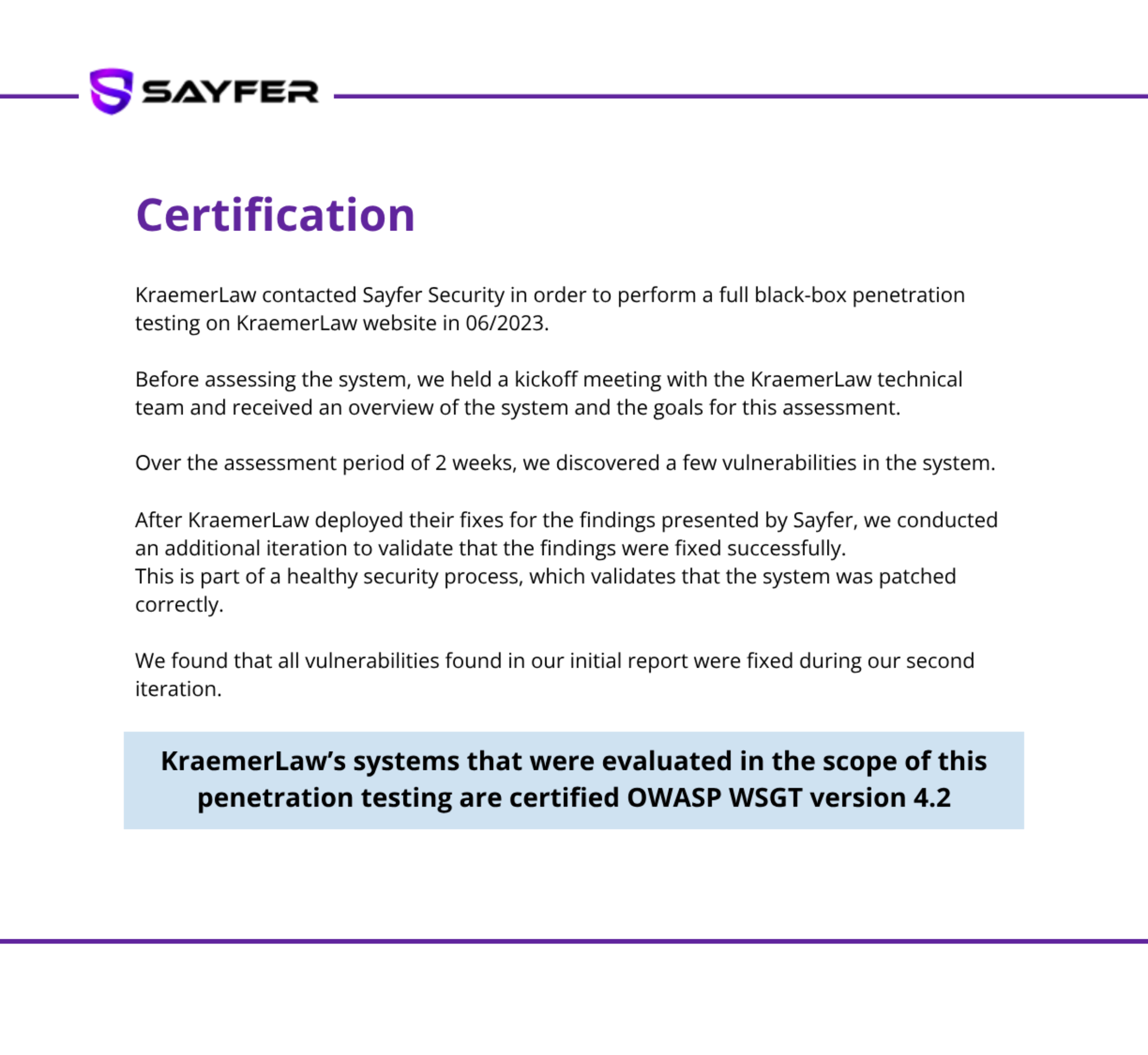Moving into international trade offers entrepreneurs, investors, and businesses the opportunity for exponential growth, access to diverse markets, and increased revenue streams. However, tax regulations, cultural barriers and legal differences are factors to consider. To increase opportunities and reduce risks, many businesses and individuals opt for offshore corporate structures such as International Business Companies and Limited Liability Companies. But which is the best option for your enterprise? In this article, we will make a comparison between IBCs and LLCs, describing the features and benefits of each.
What Is an IBC?
Let’s start with what an IBC is. An International Business Company is a legal entity primarily created for conducting corporate affairs outside the country of foundation. They are frequently set up in offshore company jurisdictions such as the British Virgin Islands, Belize, or Panama due to their tax neutrality, privacy, and minimal regulatory requirements.
An IBC has a versatile ownership structure, allowing directors and shareholders to reside in different jurisdictions. This company type is often exempt from taxes on income earned abroad and is planned for activities like international trade, consultancy services, or holding assets.
What Is an LLC?
Now, what is an LLC? A Limited Liability Company is a hybrid legal entity that combines the reduced responsibility of a corporation with the suitability of a partnership. Members of a LLC are released from personal liability for the enterprise’s debts, keeping their personal assets away from financial risks.
This company type is destined for both local and international operations, depending on the jurisdiction. LLCs do not issue shares; instead, ownership is divided among partners based on contributions of capital or agreements outlined in the operating document.
The Similarities Between IBCs and LLCs
Despite serving different purposes, IBCs and LLCs share many common characteristics:
- Offshore Use: Both entities are often established in jurisdictions that offer specific benefits for offshore organizations, advantages that are not available in the home countries, as those mentioned below.
- Asset Protection: IBCs and LLCs protect owners’ personal assets from business liabilities. This makes both structures ideal for those looking to limit individual financial risk while enjoying the benefits of owning a corporation.
- Facility in Ownership Structure: Both allow for flexible ownership structures. IBCs and LLCs offer options that facilitate the participation of different types of holders and allow for personalization of key aspects, such as management and profit sharing.
- Minimal Capital Requirements: IBCs and LLCs generally require little initial capital.
- Separate Legal Entity Status: Both are legal entities distinct from their owners. This provides greater protection to the owners, as the entity operates autonomously by owning assets, entering contracts, and incurring liabilities independently of its members or shareholders.
The Differences
The choice between an IBC and an LLC often depends on the business’s specific needs. Below are some of the primary differences of these two company types:
| Feature | International Business Companies | Limited Liability Companies |
|---|---|---|
| Ownership System |
Partners own the enterprise via shares. | Members own the organization, with ownership based on contributions or agreements. |
| Corporate Structure |
It issues shares and includes both directors and shareholders. | No shares involved, and members manage the company or appoint managers. |
| Scope of Operations |
Intended for foreign operations; not allowed to work locally. | Can operate both domestically and internationally. |
| Regulatory Requirements |
Fewer compliance obligations, with no mandatory audits and limited public filing requirements, depending on the jurisdiction. | May require accounting records, annual reports, and regulatory adherence. |
| Privacy | High privacy with limited disclosure of directors and shareholders, depending on the jurisdiction. | Depends on jurisdiction; some need public filings. |
IBCs and LLCs in Panama
Panama is one of the most attractive jurisdictions to set up both IBCs and LLCs, thanks to its favorable legal framework for international business and its territorial tributary system. This approach implies that only income generated within the country is subject to taxation.
In the case of a Panama LLC, this company type is regulated by the Panamanian Commercial Code and Law 4 of 2009. These rules establish that Limited Liability Companies may have between 2 and 20 members, who enjoy protection over their personal patrimony against the obligations of the enterprise. Furthermore, there are no limits as to the nationality of the partners, and their formation requires a minimum recommended initial capital of $10,000, but it can be less or more.


On the other hand, offshore IBCs in Panama, governed mainly by the Law 32 of 1927 and complemented by the Corporations regime, have the ability to issue bearer or registered shares, and their shareholders and directors are not obligated to reside in Panama, nor declare their names publicly. In addition, the law allows these organizations to operate with low administrative costs and no annual audit requirements, providing an easy and efficient structure.
What Both Types Are Typically Used For

Both IBC and LLC structures are commonly employed for different business purposes. While both entities provide substantial tax advantages, privacy, and asset protection, their specific uses can differ depending on the nature of the corporation.
- Asset Holding and Protection
These legal entities allow enterprise owners to separate private and corporate property, which protects individual financial resources from commercial liabilities. In other words, IBCs and LLCs shield personal assets from creditors and lawsuits, they offer a solid foundation for long-term wealth administration.
- International Trade and Services
Offshore IBCs are ideal for foreign trade due to their tax neutrality and simple operational requirements, being used by e-commerce, consulting or distribution companies. LLC, on the other hand, are often preferred for entrepreneurs who project operations both locally and internationally.
- Estate Management and Planning
Both play an important role in wealth management, financial resources holding, and estate planning. Many individuals use an IBC or LLC as part of a strategy to administrate family estate or business property across different jurisdictions, because of asset protection and tax incentives.
- Investment and Holdings
IBCs and LLCs are often formed to own shares in other companies, manage subsidiaries or hold intellectual property. With these entities, corporations can consolidate assets, create a diversified portfolio and limit their exposure to risk.
- Operating Businesses
LLCs are used by operating enterprises such as construction, technology and manufacturing because they allow easier handling and distribution of profits among members. Although IBCs companies can be worked for the same purposes, Limited Liability Companies are better suited for ones that need to interact with local clients and governments.
In conclusion, deciding between an IBC and an LLC depends on your specific needs. The first one is ideal for international trade, financial resources holding, and consultancy services, while the second one offers adaptability for both domestic and global operations. Understanding their corporate structures, benefits, and regulatory frameworks can help you make an informed decision. For investors and entrepreneurs looking to grow or protect their assets, both entities provide valuable tools for success in today’s interconnected economy.
Assistance with Opening Offshore Companies
Forming an offshore IBC or LLC involves many steps, including choosing the appropriate offshore company jurisdiction, allocating the necessary capital for formation, and establishing the ownership structure and preparing the required documentation, such as the Articles of Incorporation and Operating Agreement (for LLCs).
We strongly recommend looking for professional advice to guarantee your IBC or LLC set up aligns with local regulations and business goals. Proper guidance can streamline the process and minimize compliance risks, saving time and resources.
At Kraemer & Kraemer, we are committed to providing personalized support for your company’s constitution needs. Contact us today to discuss your case, request a consultation, or learn how we can assist in establishing your offshore entity in Panama efficiently and securely.







